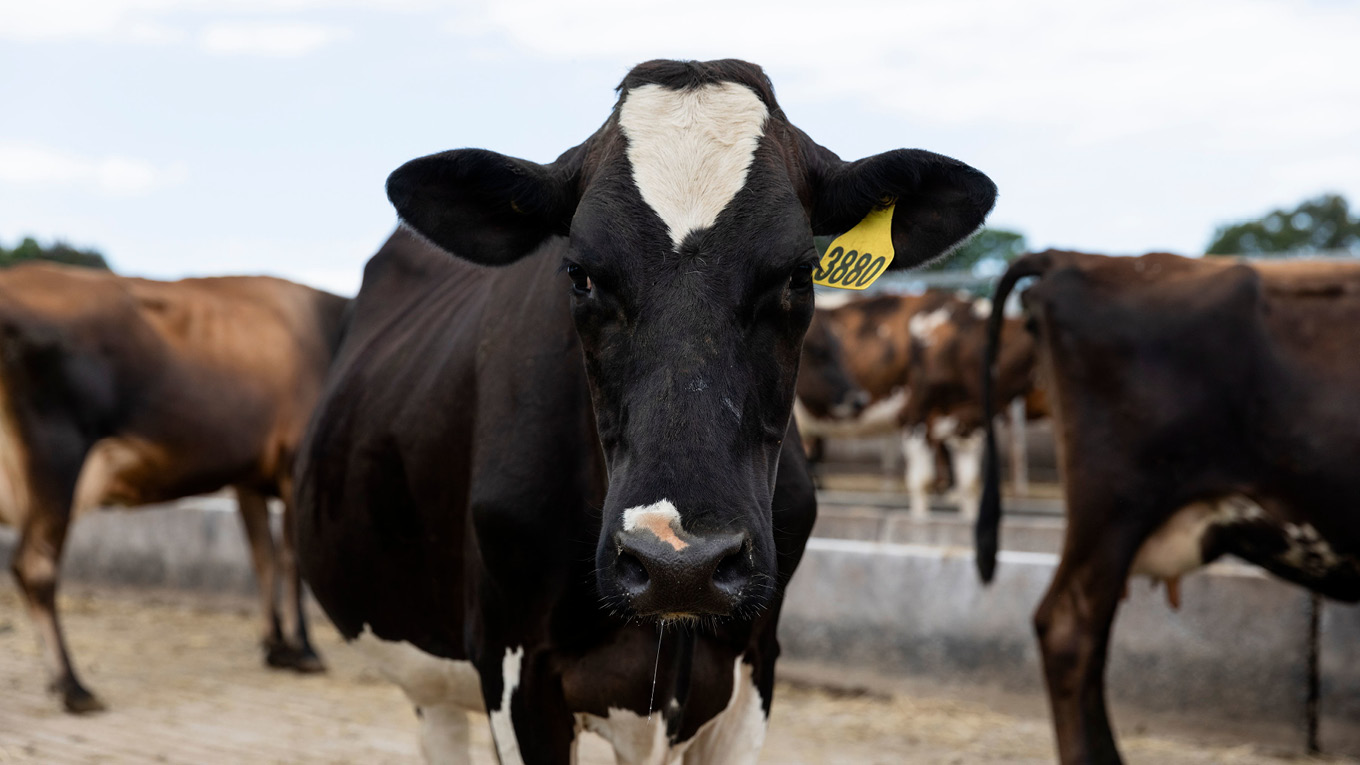Perennial Legumes
Reduced soil moisture and higher temperatures in summer not only cause a decline in the growth of perennial ryegrass but also reduce its nutritional value.
Perennial legumes such as red clover and lucerne are more adapted to grow under drought conditions than most perennial grasses. The nutritional value of these species is less affected in summer than perennial ryegrass.
The benefits of feeding legumes compared to pure grass-based diets include:
- Increased milk and milk solids production
- Reduced methane emissions
- More efficient nitrogen use
These responses are usually due to the higher dry matter intake of cows fed legumes and the higher nutritional value of the legumes.
Grazing versatility
Perennial legumes can be grown as a pure crop to be grazed through summer during part of the day, or sown as companion species of grasses.
More information
The Perennial legumes: Lucerne, red and white clover fact sheet discusses some of the 3030 Project experiences with perennial legumes on plots, farmlets and partner farm studies and highlights some key aspects of their potential role in dairy farm systems of southern Australia.
Some key messages include:
- Lucerne is a drought-tolerant option to provide feed in summer and adapts well to grazing conditions under the right management
- Red clover and white clover perform best when combined with perennial grasses or herbs to increase summer feed production and quality
- All perennial legumes tend to increase nutritive value and milk production response of grass-based diets
- Bloat risks are important and should be considered but they can be managed. Feed allocation is a key factor to reduce the risk
- Lucerne, red clover and white clover all require soils with good fertility to perform and lucerne in particular requires well-drained soils
-
perennial legumes lucerne red clover and white clover booklet 2010PDF, 1.35 MB
